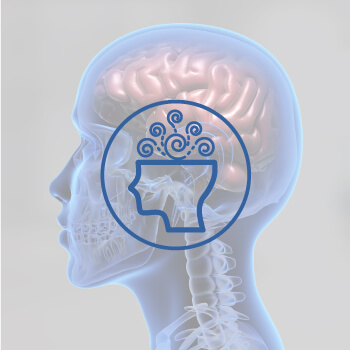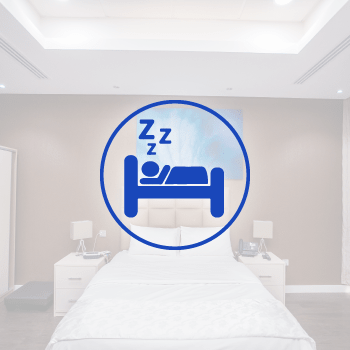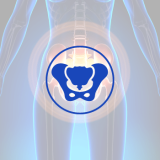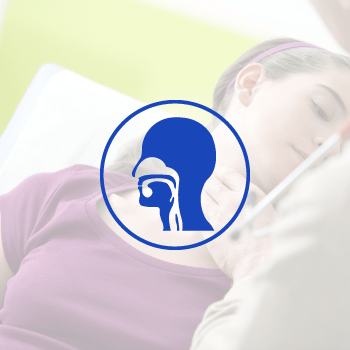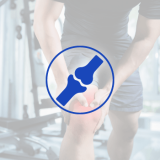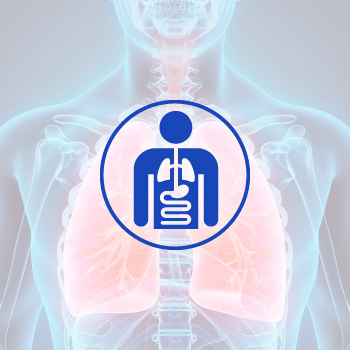Stress Urinary Incontinence (SUI) in women
Stress urinary incontinence (SUI) is the involuntary loss of urine as a result of increased pressure or force (“stress”) on the bladder.
This can occur when you cough, sneeze, jump, exercise, lift or do other physical activities.
FAQs
- What causes Stress Urinary Incontinence (SUI)?
- How common is SUI?
- What risk factors are associated with the development of SUI in women?
- What are the effects of SUI?
- Diagnostics
- TREATMENT – non-surgical & surgical options
Stress urinary incontinence (SUI) in women is caused by the weakening of the pelvic floor muscles and the urethral sphincter (the muscle or valve that holds the urine in the bladder).
Men experience stress urinary incontinence (SUI) far less frequently than women do.
Stress urinary incontinence (SUI) is the most common type of urine leakage in women. Approximately one-third of women will experience SUI at some point in their lives. According to community-based studies, 10 – 40% of women suffer from incontinence.
Risk factors for SUI in women include:
- Increasing age
- But SUI can also occur in younger, active, healthy women
- Pregnancy
- Childbirth
- Being overweight or obese
- Conditions which put chronic strain on the pelvic floor muscles such as
- Chronic cough
- Chronic constipation
- Chronic heavy lifting
- Genetically inherited factors
- Injury to the nerves that supply the pelvic floor and bladder can cause incontinence.
All of these factors can lead to injury and weakening of the pelvic floor muscles and urethral sphincter (urinary control) mechanism.
SUI can negatively impact quality of life. Women who have SUI feel anxiety while performing certain activities due to fear of urine leakage. This prevents them from participating in activities they enjoy. SUI can cause people to feel ashamed and embarrassed.
It’s necessary to get assistance if stress incontinence is:
- Restricting the ability to perform daily tasks
- Preventing you from participating in sports
- A cause of fear about having sex due to fear of leakage
- Making a person feel uncomfortable about their own body
Base line diagnostics with bladder diary, urine examination, physical examination, ultrasound of the bladder and residual urine after voiding as well as urine flow test is recommended. Afterwards, a urodynamic testing (computerized analysis of the bladder function) might be necessary.
Effective Non-surgical Options
- Life style modification and physical therapy for the pelvic floor with or without neurostimulation.
- Vaginal Device – pessary (A pessary is a device that you wear in the vagina every day to support the urethra.)
- Medication (e.g. vaginal oestrogen therapy) might be useful.
Most people try these options first. Surgical therapy might be needed if conservative treatment fails.
Surgical Options
There are different types of surgery to treat SUI:
- Sling procedure: A sling is a small piece of material that goes around the urethra to give it support. The sling is usually made of mesh. It can also be tissue from your body.
- Retropubic colposuspension: For this procedure, a doctor attaches the tissue around the urethra to strong bands of tissue inside the pelvis.
- Urethral bulking agent injections: This is a procedure where your doctor injects material into the wall of the urethra to add volume and support, and hence prevent urine from leaking during your daily activities. The procedure is fast and has a short recovery time.
- Vaginal laser therapy.










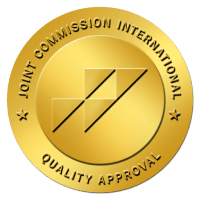
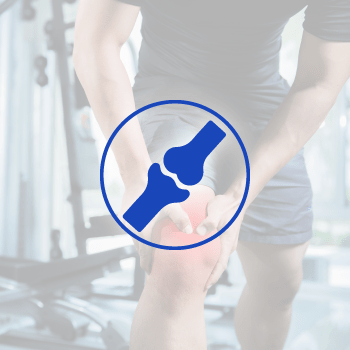 أنقر هنا
أنقر هنا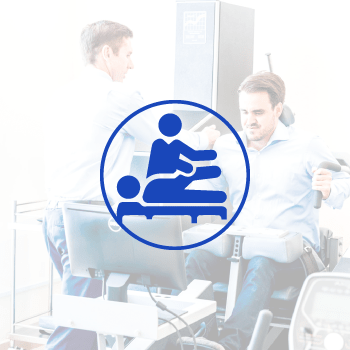 أنقر هنا
أنقر هنا
